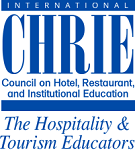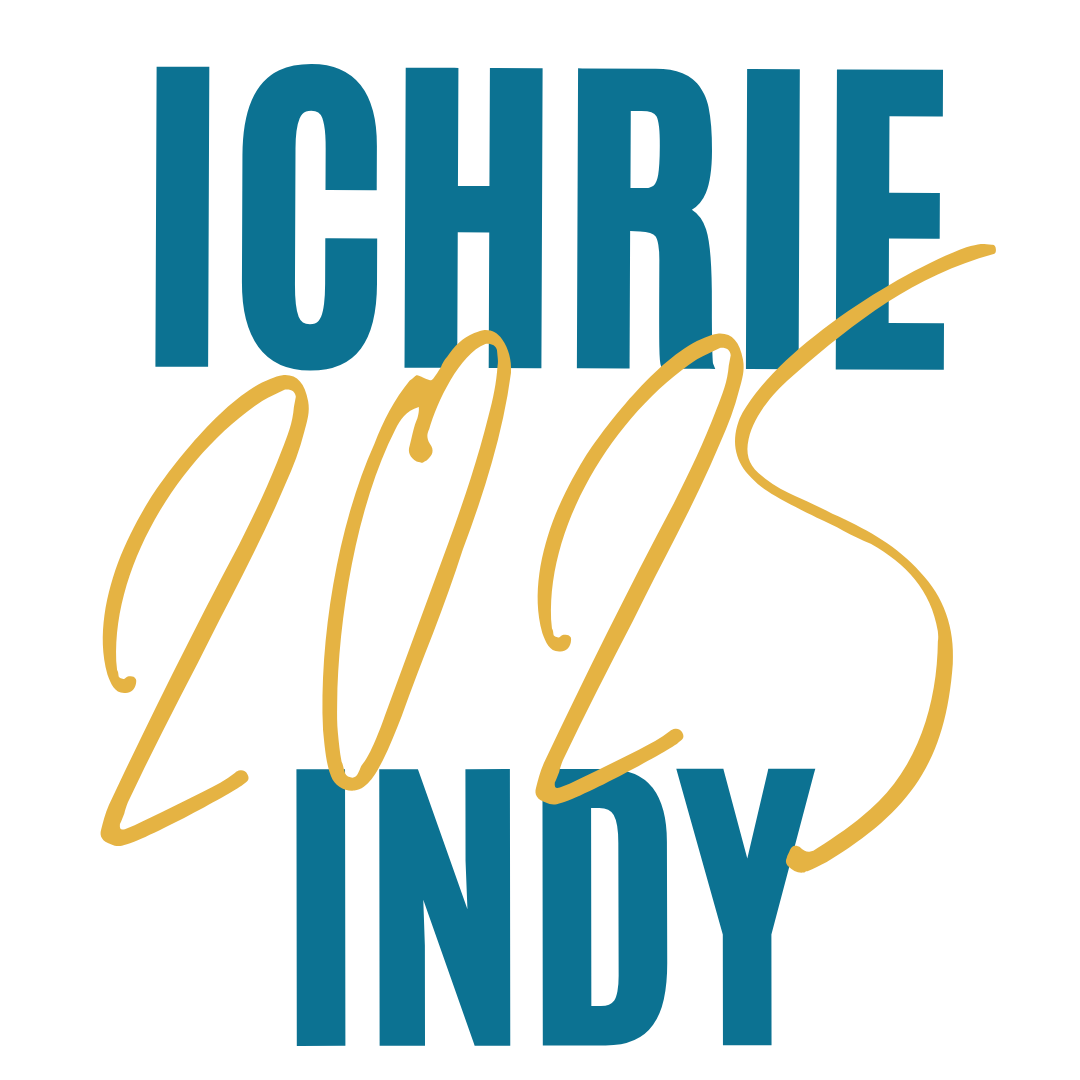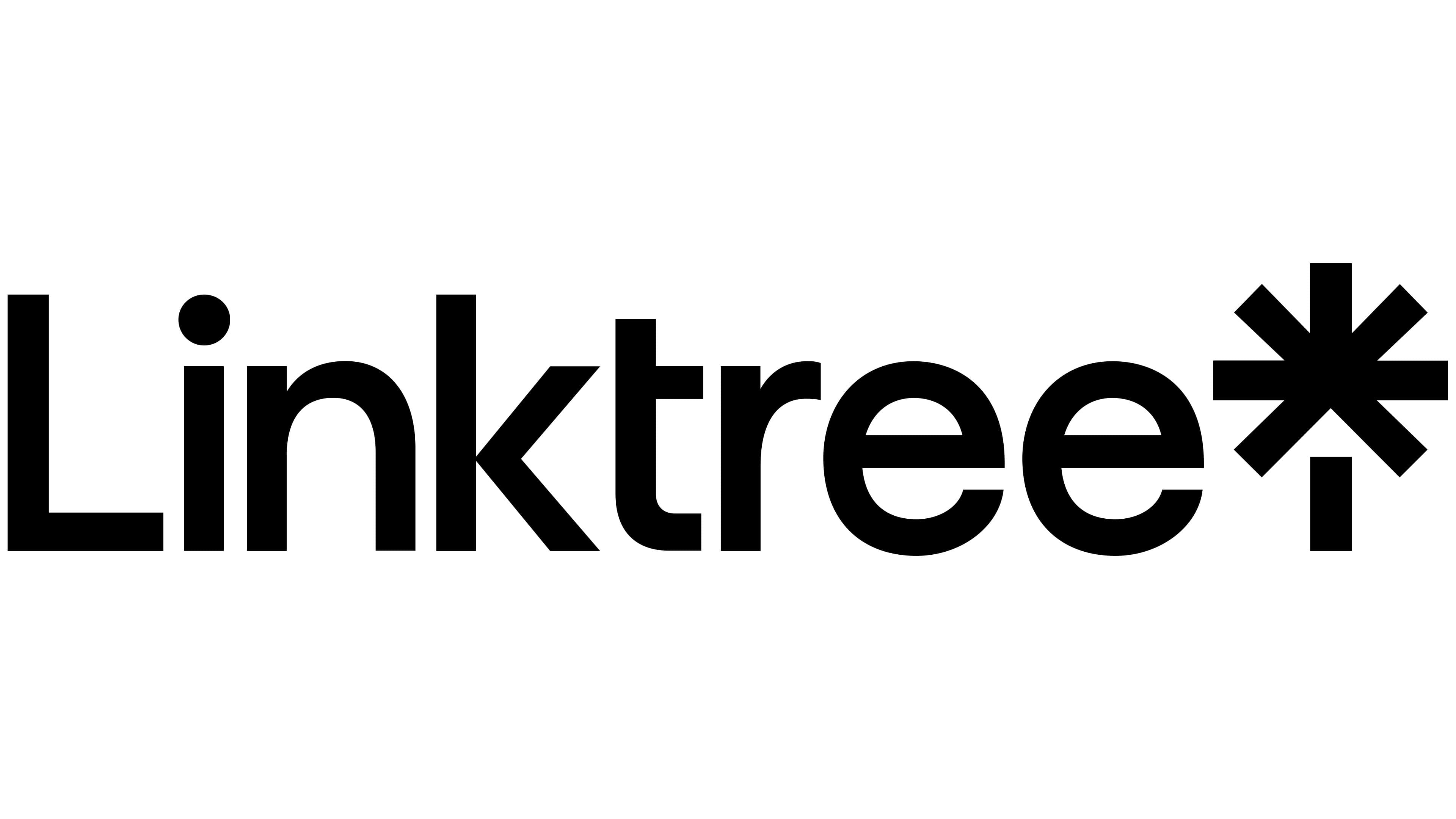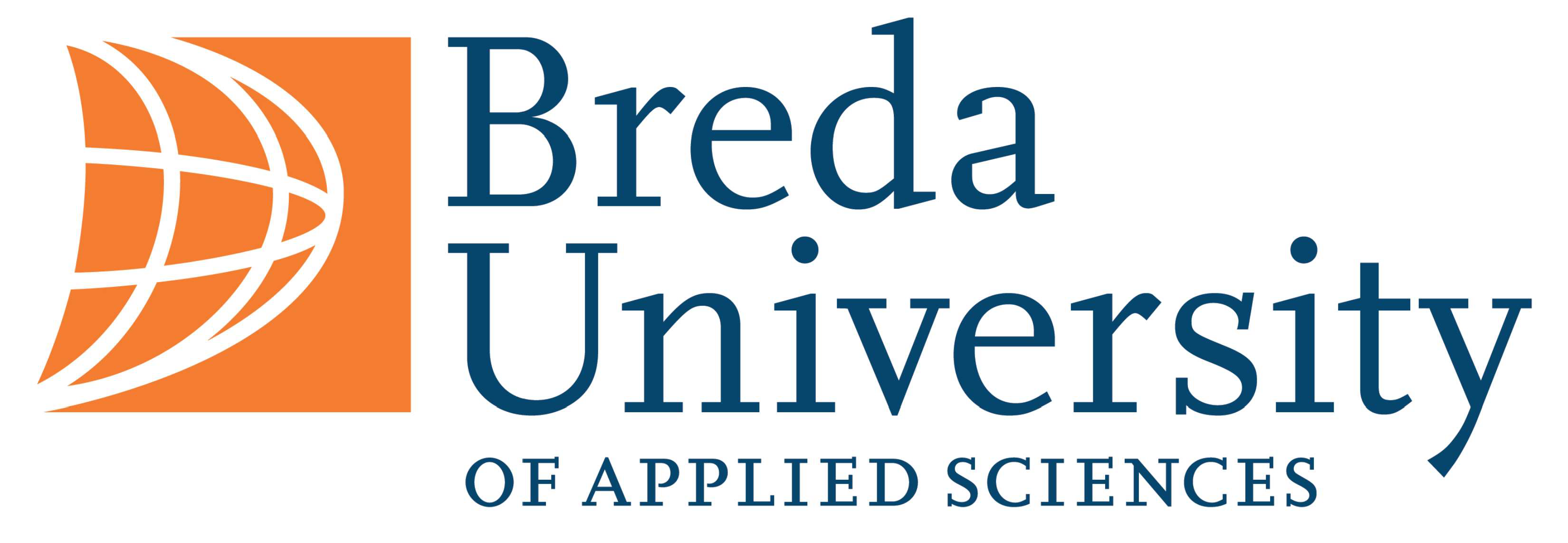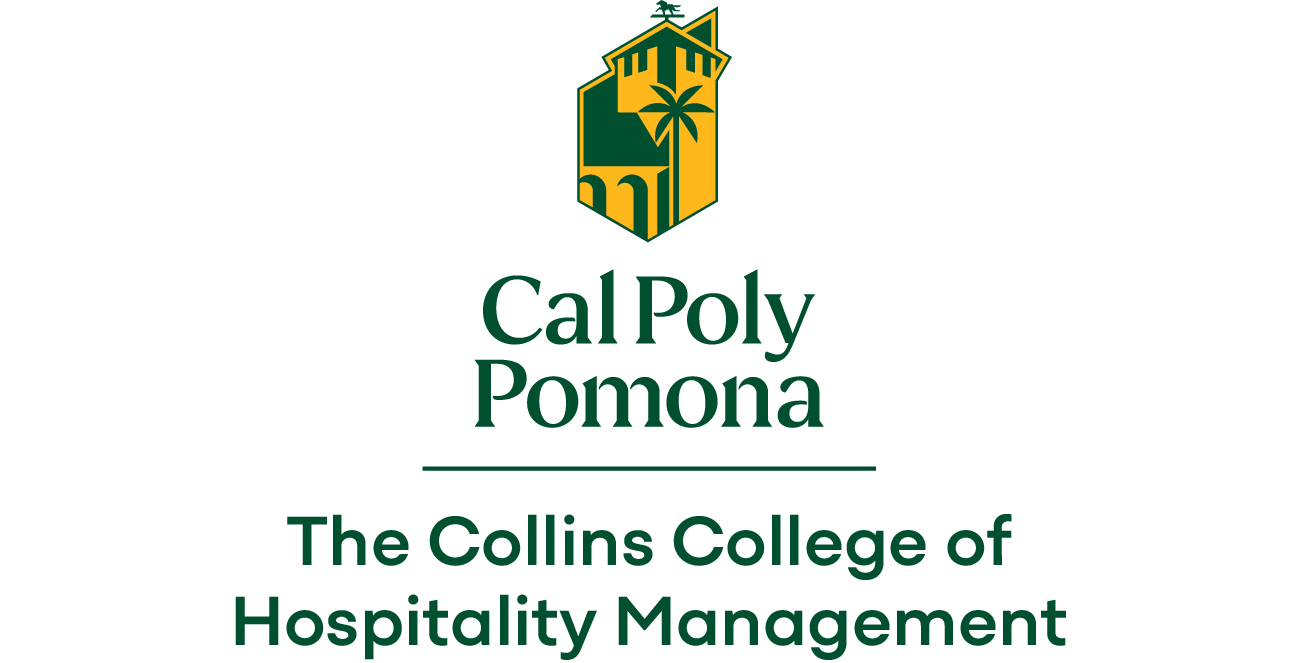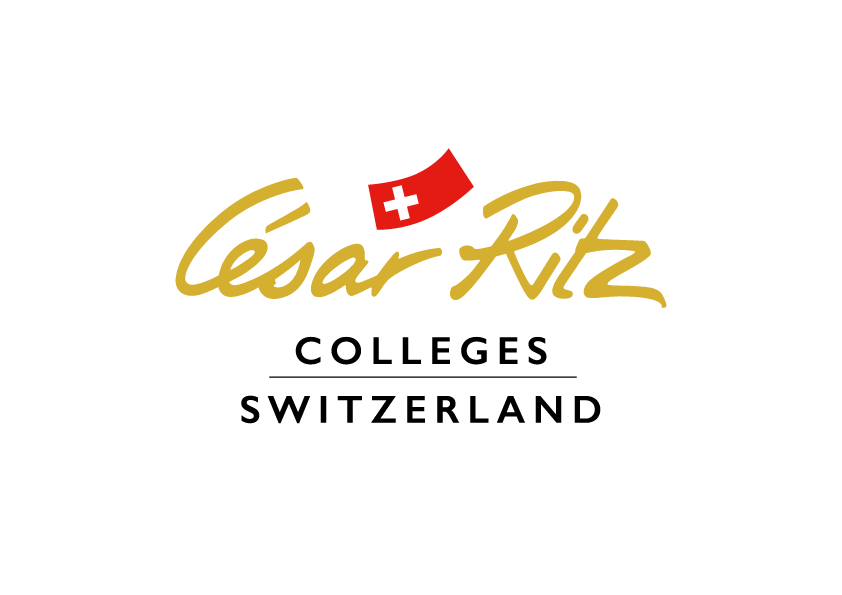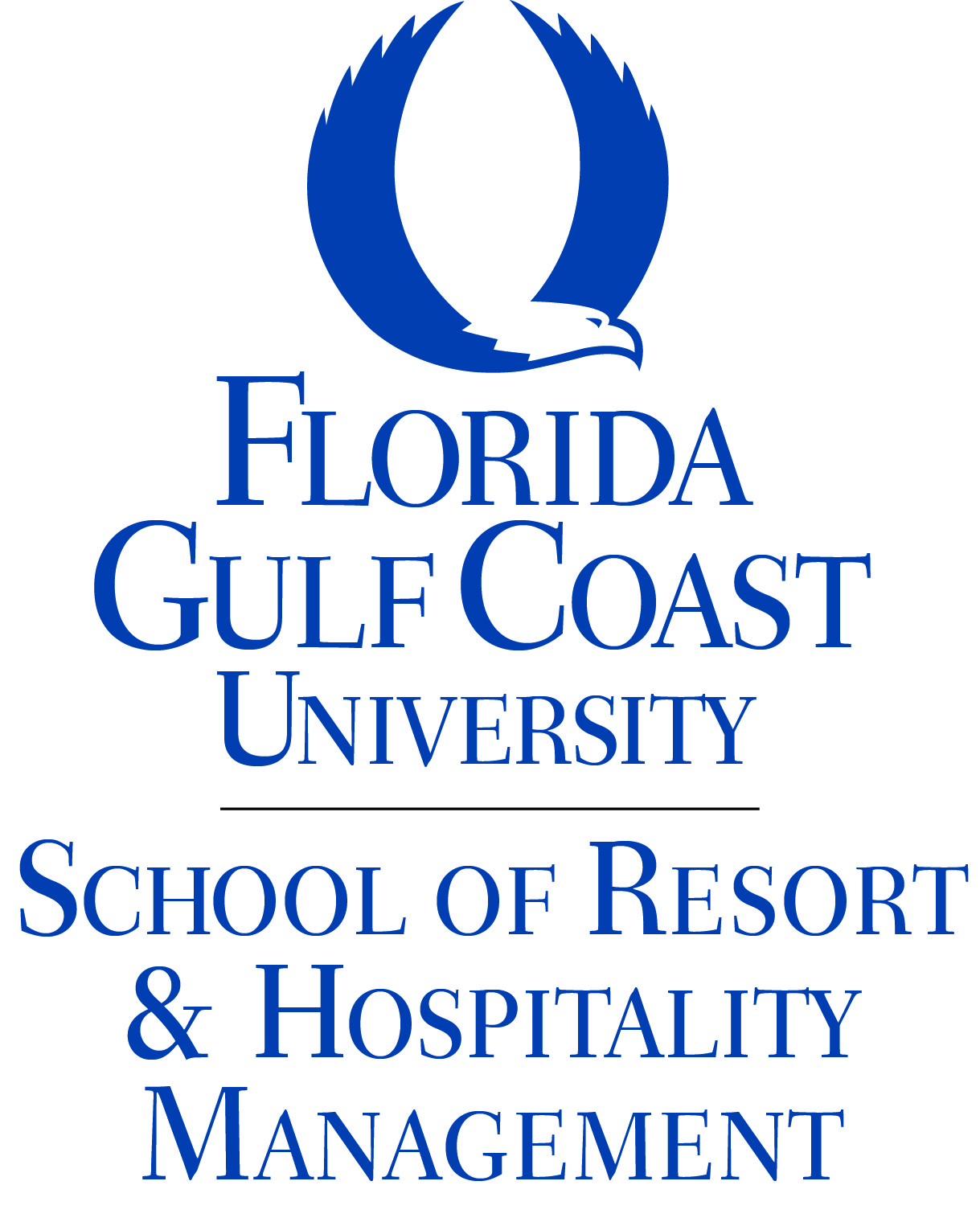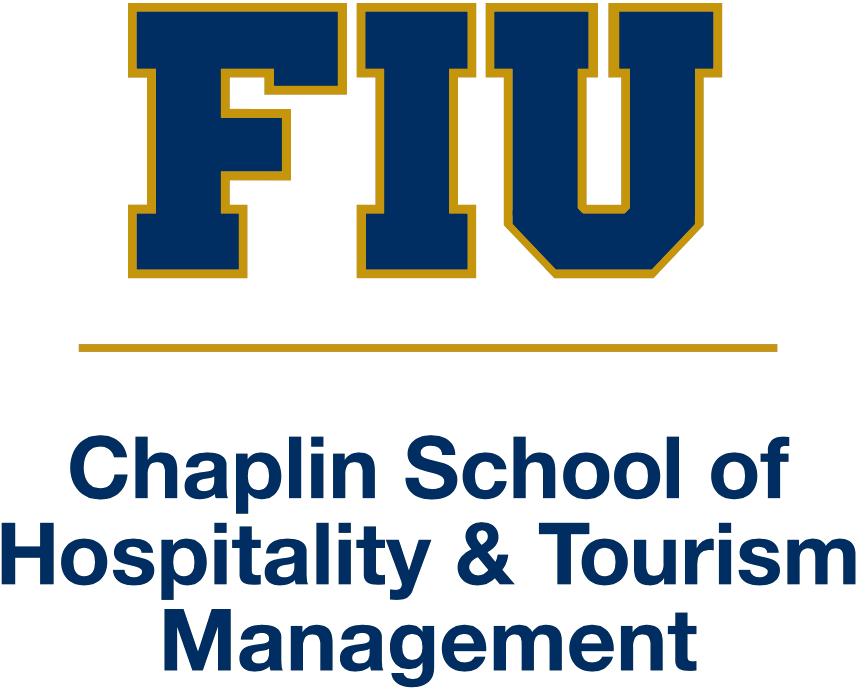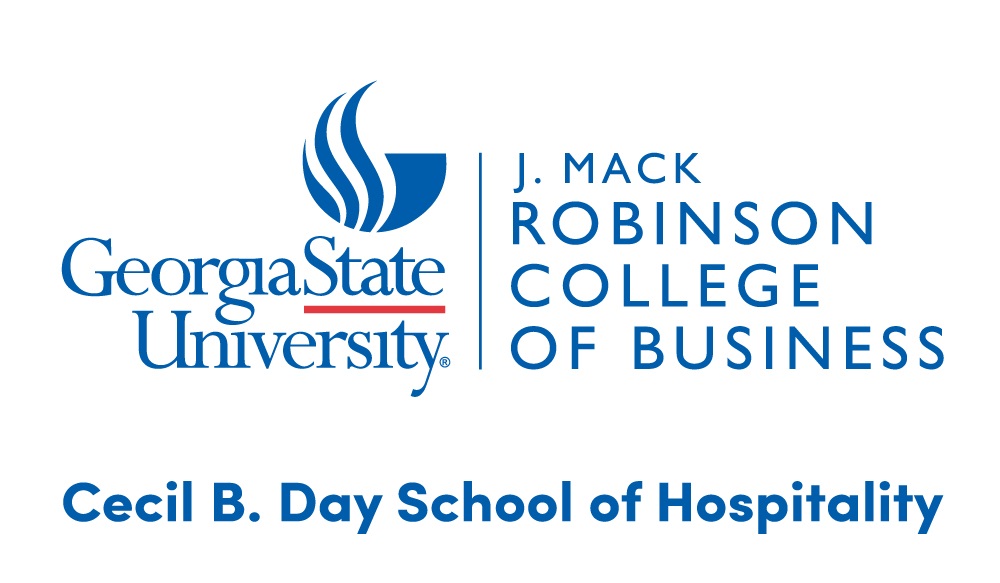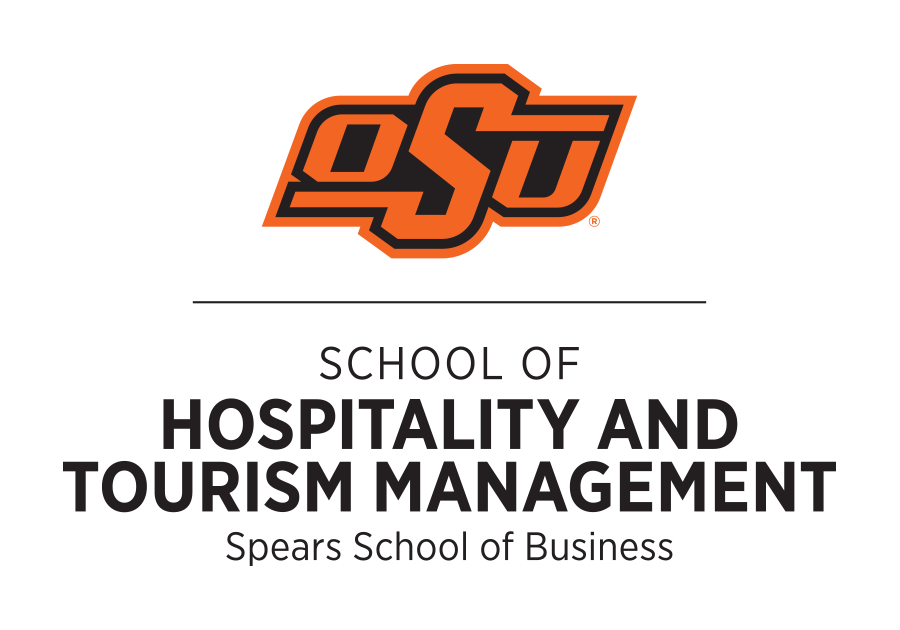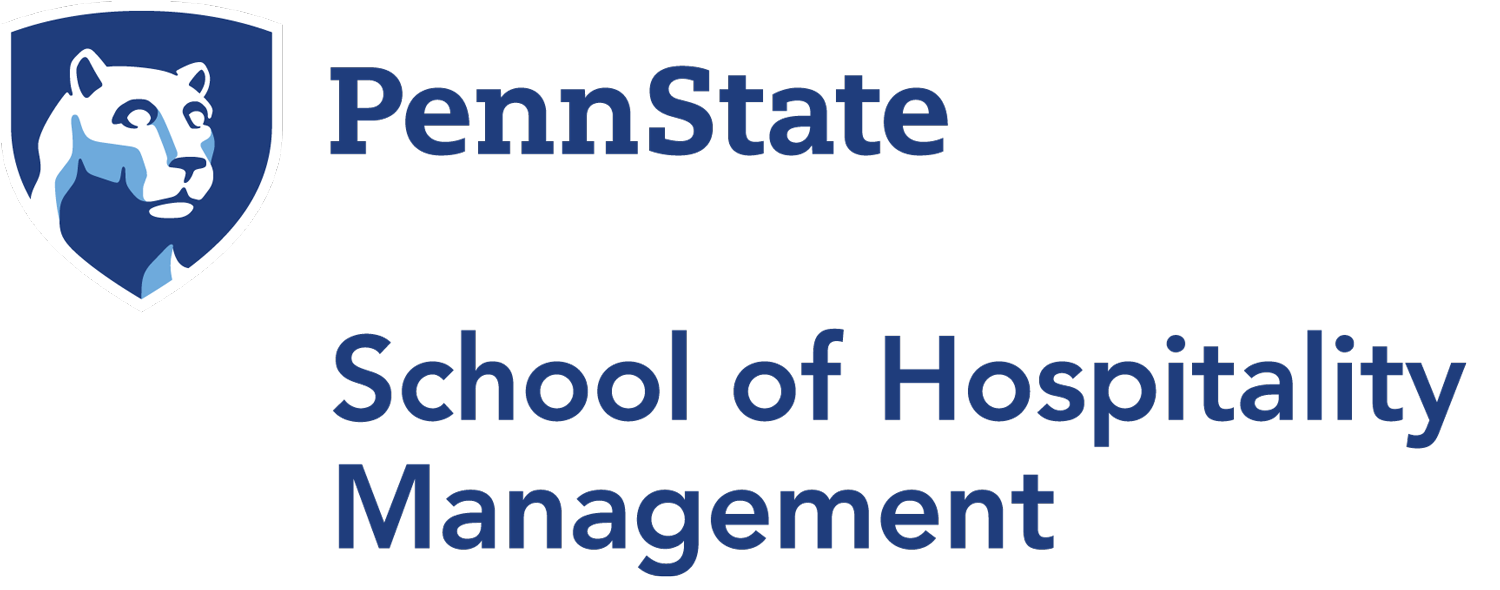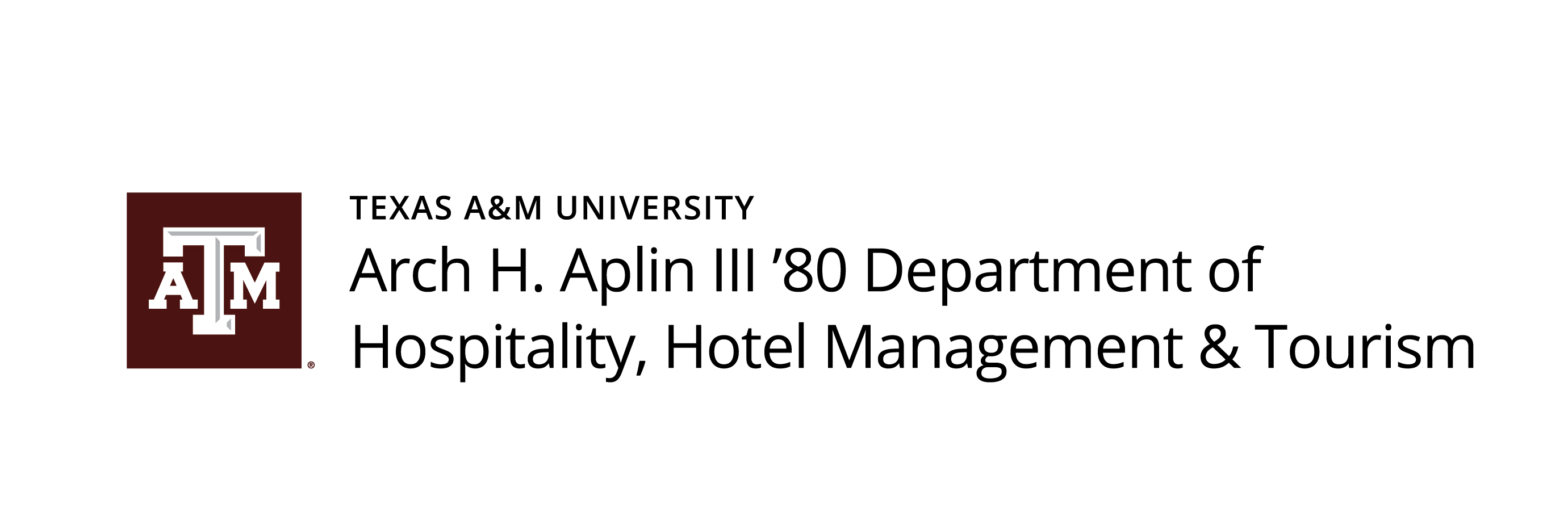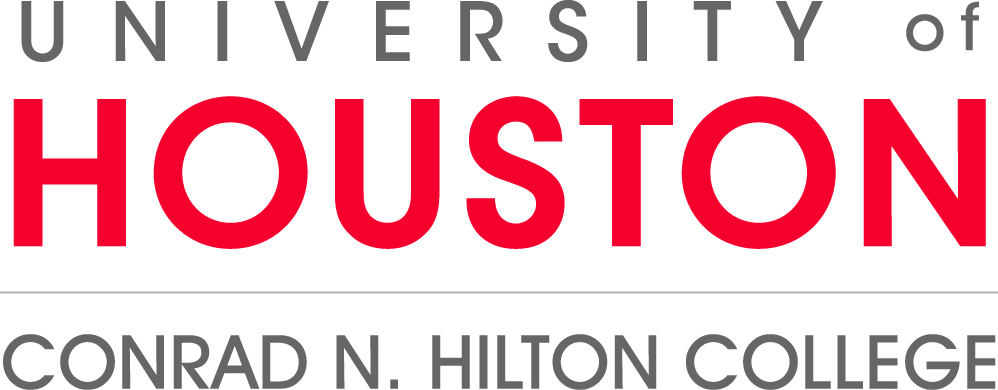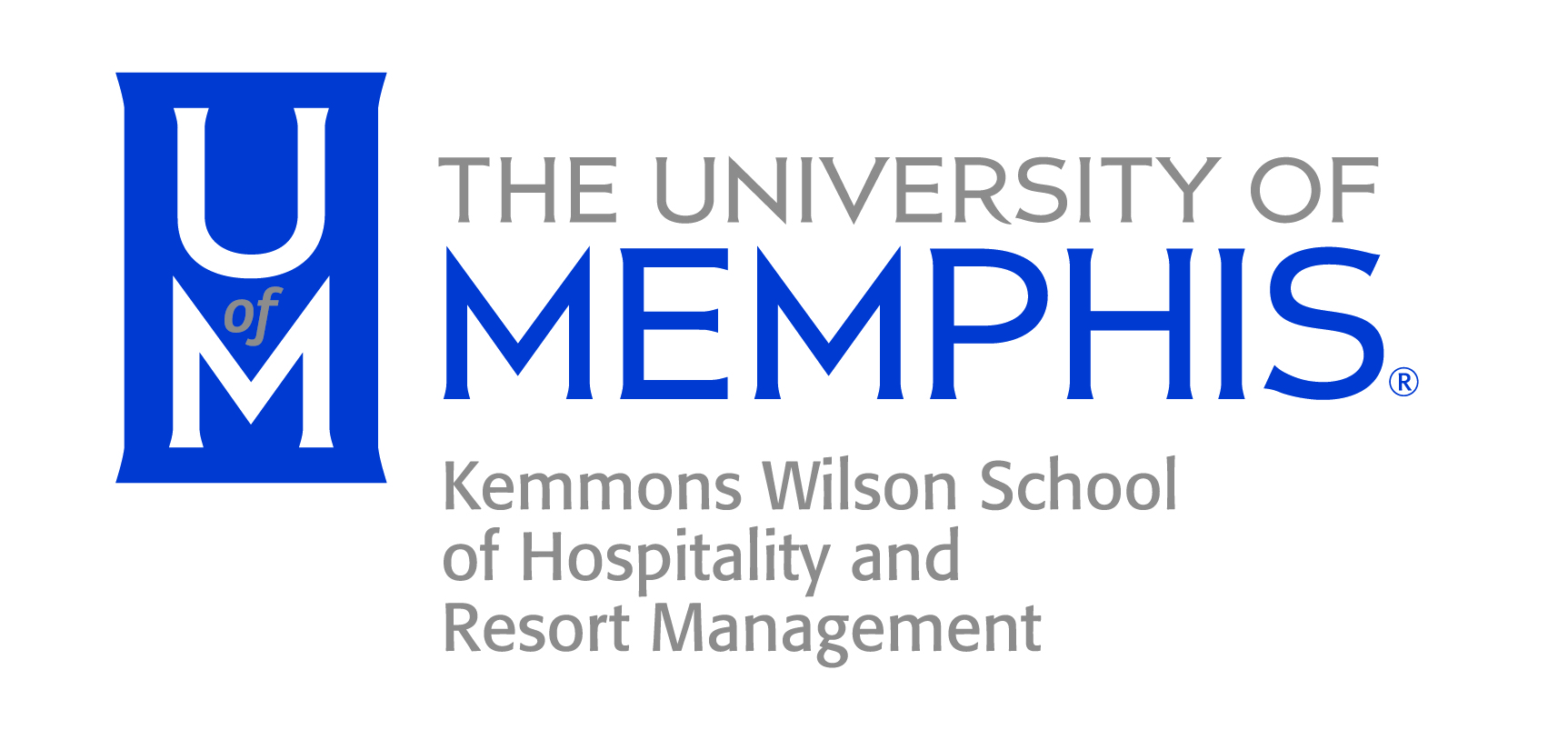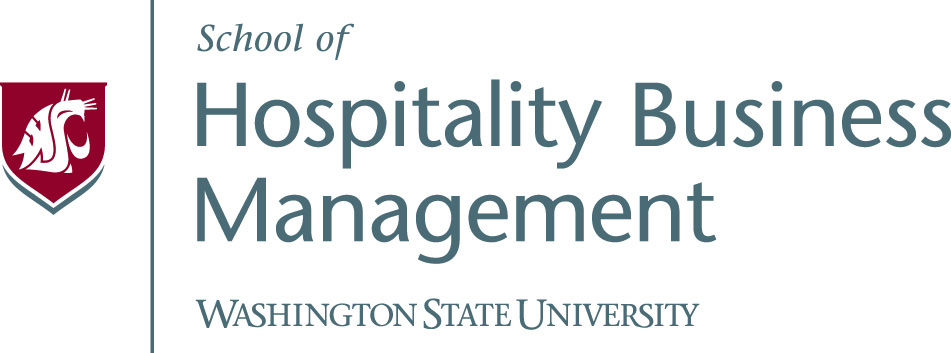|
OH, NO! WE ARE NO LONGER ACCEPTING SUBMISSIONS FOR THIS EVENT
UPDATEFINAL DEADLINE EXTENDED All presentations and accompanying resources for the accepted Creative Teaching Lab sessions at the 2025 ICHRIE Global Conference are now due by Friday, 13 June 2025. Please submit all materials to: [email protected] Submission must include:
These submissions will be featured on the ICHRIE website as part of the Pedagogy On-The-Go initiative—an excellent opportunity to showcase your creativity and innovation in hospitality and tourism education. For any questions, please contact [email protected]. CLICK HERE FOR PRESENTATION GUIDELINES Creative Teaching Lab - Creating Your PresentationA special thank you to every member and school with submissions. Learn more about the 2025 ICHRIE Global ConferenceThe ICHRIE Creative Teaching Lab
|
|
Proposal Topic Code |
Proposal Topic |
Proposal Topic Explained |
|
P01 |
Cutting-edge Technology in Hospitality Education
|
AI, AR, VR, and other advanced technologies and tools that transform the learning experience in hospitality and tourism education |
|
P02 |
Engaging Instructional Techniques
|
Innovative tools, strategies, or approaches to teaching that captivate students and drive active participation. |
|
P03 |
Innovative Curriculum Design |
Forward-thinking course design that aligns with industry demands and prepares students for the future of hospitality and tourism. |
|
P04 |
Authentic Assessment
|
Assessment strategies and tools that foster critical thinking and accurately reflect student learning and competencies. |
|
P05 |
Fostering Diversity and Inclusivity
|
Inclusive teaching practices that create equitable learning environments and support diverse student populations. |
|
P06 |
Experiential and Applied Learning
|
Real-world experiences, internships, and case studies to enhance practical learning. |
|
P07 |
Next-Generation Online and Hybrid Learning
|
Engaging, interactive, and effective online and hybrid learning methods and strategies. |
|
P08 |
Collaboration and Partnership Building |
Partnership building with industry, community, and educational stakeholders to enhance learning and career opportunities. |
|
P09 |
Resilience and Well-being in Education |
Strategies that build resilience, mental health awareness, and well-being for students and educators alike. |
|
P10 |
Leveraging Data Analytics for Personalized Learning |
Use of data and analytics to tailor educational experiences to individual student needs and improve outcomes. |
|
P12 |
Globalization and Cross-Cultural Competency in Education |
Integration of cross-cultural perspectives and practices into the curriculum that prepares students to thrive in a global workforce. |
Submission Guidelines
- Page One: Title and 100-word abstract: The abstract should clearly outline the innovative teaching tool, method, or strategy, its practical application in the classroom, and the observed or anticipated outcomes. Do not include the Author/s names on any page.
- Remaining Pages: The 500–750-word proposal should include an in-depth explanation of the pedagogical approach, supporting evidence or case studies, and practical recommendations for implementation in educational settings.
- Include one table or figure as desired.
- Margins - 1-inch on sides, 1-inch on top and bottom
- Font - Times New Roman, 12 pt.
- All text must be double-spaced.
- Content Requirements:
- Identifier: Proposal Topic Code/s and Topic/s (Maximum 2)
- Title - A descriptive and engaging title that reflects the core focus of your submission.
- Introduction - A brief introduction to the educational challenge or opportunity your title addresses.
- Methodology - A summary of the approach, technique, or tool you have implemented. Include any relevant theoretical framework or research that supports your approach, technique, or tool.
- Implementation - A description of how the approach, technique, or tool was applied in a classroom setting, including specific examples, resources used, and any adaptations made to fit different learning environments.
- Outcomes and Impact—Provide insights into your approach's observed or expected outcomes. These could include student feedback, improvements in engagement or performance, or potential long-term benefits for the curriculum.
- Relevance and Transferability- Discuss the relevance of your approach to the broader field of hospitality and tourism education and how other educators can adapt or adopt it.
- Presentation Format: Presenters are encouraged to design their sessions to be interactive and engaging, allowing for hands-on demonstrations, participant discussions, and exchanging of ideas.
Evaluation Criteria
Proposals will be assessed based on the following key criteria:
- Originality and Innovation
- Is the approach creative, and does it introduce new ideas or methods in hospitality and tourism education?
- Relevance to Conference Track
- How well does the submission align with the Track, “Creative Teaching Lab Track?" Is it relevant to current educational challenges?
- Clarity and Quality of Writing
- Is the proposal well-organized, clear, and professionally written?
- Practical Applicability and Impact
- Can the approach, technique, or tool be effectively implemented in the classroom? What is its potential impact on student learning and engagement?
- Transferability and Broader Relevance
- Can the approach, technique, or tool be adapted to different educational contexts or other student groups?
The highest-scoring proposals will be selected for presentation, ensuring that the conference features the most innovative and impactful contributions.
- Submit through Easy Chair to: https://tinyurl.com/2025ichrie
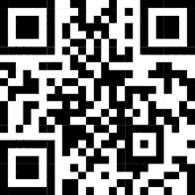
Questions?
Email Dr. Ruth Smith at [email protected]
Resources
Presenters of accepted proposals will provide resources for conference attendees and a copy of the presentation two weeks before the conference.
CLICK HERE for a printable PDF.
